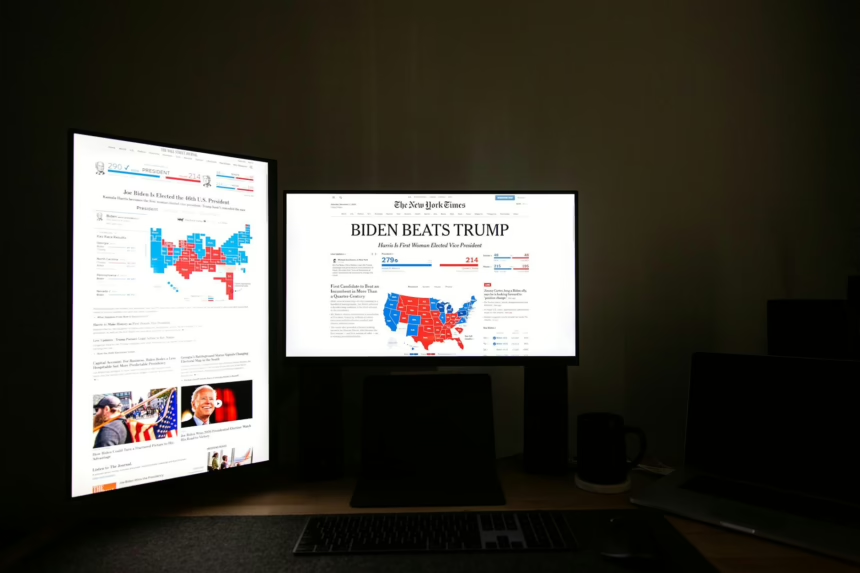A Paved Garden Becomes the Setting for a New Political Gathering
In a move that underscores the evolving aesthetics and political machinations of the White House, President Donald Trump recently hosted a dinner for members of Congress in the newly paved expanse of the Rose Garden. This gathering, which the President christened the “Rose Garden Club,” marks the first assembly in this reconfigured space, signaling its intended use for high-level political engagements.
The Setting: A Transformed Rose Garden
The ABC News report highlights the physical transformation of the Rose Garden, noting its recent paving. This project, undertaken during the Trump administration, has altered the traditional landscape of this iconic White House space. The paving, described in the ABC News article, has replaced the previous ground cover, creating a more formal and perhaps practical setting for events. The President’s decision to immediately label this space a “club” for his congressional allies suggests a deliberate intention to imbue the area with a sense of exclusivity and purpose.
A New Tradition or a Political Symbol?
The establishment of the “Rose Garden Club” can be interpreted in several ways. From one perspective, it represents an effort to foster camaraderie and direct communication between the President and his legislative allies. Hosting lawmakers in a newly designated, refined space could be seen as a gesture of appreciation and a way to strengthen political bonds away from the more public scrutiny of formal press conferences. The ABC News report quotes the President’s designation of those present as the “first gathering.”
However, this move also invites broader political analysis. In conservative circles, the Rose Garden has long been a backdrop for significant presidential announcements and events. The addition of the paving and the creation of a “club” could be viewed as an effort to further personalize and politicize this already historically charged location. It raises questions about the extent to which presidential spaces should be utilized for partisan gatherings, particularly those that appear to exclude or signal a different status for those not in attendance.
The Significance of Exclusive Gatherings
The concept of an “exclusive club” within the White House, particularly one composed of a specific political party’s lawmakers, inevitably draws comparisons to past administrations. While presidents have always hosted private meetings and dinners with members of Congress from their own party, the formal christening of a space as a “club” for such gatherings is notable. It could be argued that this creates a visual and symbolic distinction, potentially reinforcing a sense of unity within the Republican party while simultaneously highlighting a division from political opposition.
The ABC News report provides factual details about the event and the President’s remarks. What remains open to interpretation is the long-term impact of such designations on the perception of the White House as a venue for national unity versus partisan strategy. The paving itself, while a physical change, also carries symbolic weight. It suggests a hardening or formalization of certain areas for specific uses, mirroring, some might argue, the political climate.
Balancing Public Service and Political Strategy
The use of presidential grounds for partisan events is a recurring theme in American politics. While presidents are expected to engage with their party, the question of optics and the perception of impartiality is always present. The creation of a “Rose Garden Club” could be seen as a straightforward tactic to galvanize political support and facilitate legislative coordination. Alternatively, critics might view it as an overreach, blurring the lines between the official duties of the presidency and the needs of a political campaign or party.
The ABC News report, by detailing the event and the President’s choice of words, allows readers to form their own conclusions. The objective facts are that a dinner occurred in the newly paved Rose Garden, and the President named it the “Rose Garden Club” for the attending GOP lawmakers. The analysis lies in understanding the potential motivations behind this action and its broader implications for presidential communication and the public perception of the White House.
What to Watch Next
Moving forward, it will be interesting to observe if the “Rose Garden Club” becomes a regular fixture for President Trump’s engagements with Republican lawmakers. Will other presidents adopt similar naming conventions for their exclusive gatherings? Furthermore, the ongoing evolution of the Rose Garden’s use under different administrations will likely continue to be a topic of discussion, reflecting broader debates about the role of presidential symbolism and public spaces.
Key Takeaways:
- President Trump hosted a dinner for GOP lawmakers in the re-paved White House Rose Garden.
- He referred to the gathering as the “Rose Garden Club,” marking the first event in the altered space.
- The event highlights the intersection of physical renovations at the White House and political strategy.
- The designation raises questions about the use of presidential spaces for partisan events.
- Future use of the “Rose Garden Club” and similar designations will be a point of observation.
Considering the Broader Context
This event, as reported by ABC News, offers a glimpse into how the Trump White House utilized its spaces for political advantage. The paving of the Rose Garden and the subsequent creation of the “Rose Garden Club” represent a tangible change with symbolic implications. For those who value a clear distinction between the business of governance and partisan politics, such events warrant careful consideration. It underscores the importance of being informed about the actions and declarations of those in power, as well as the spaces they inhabit and utilize.




